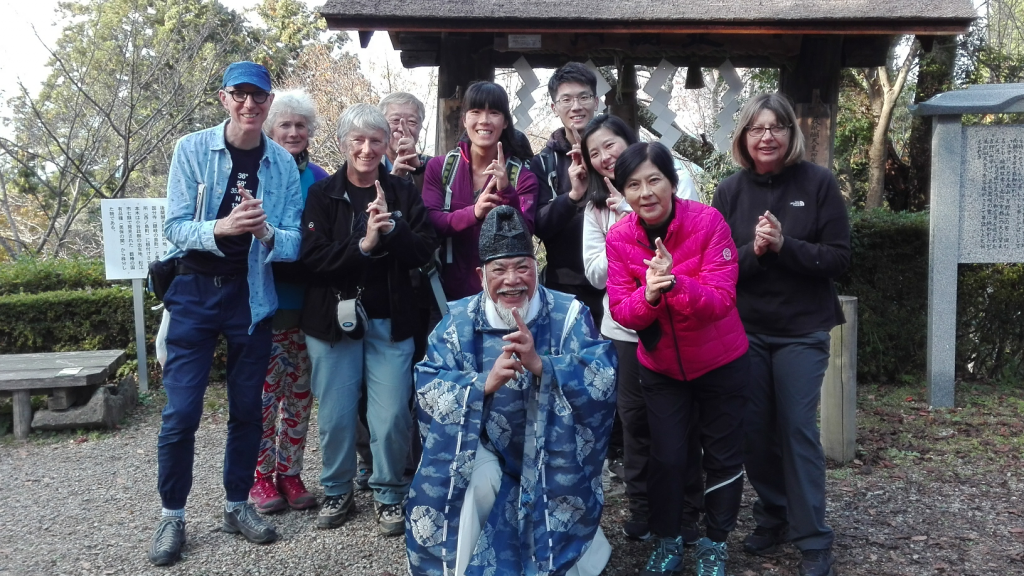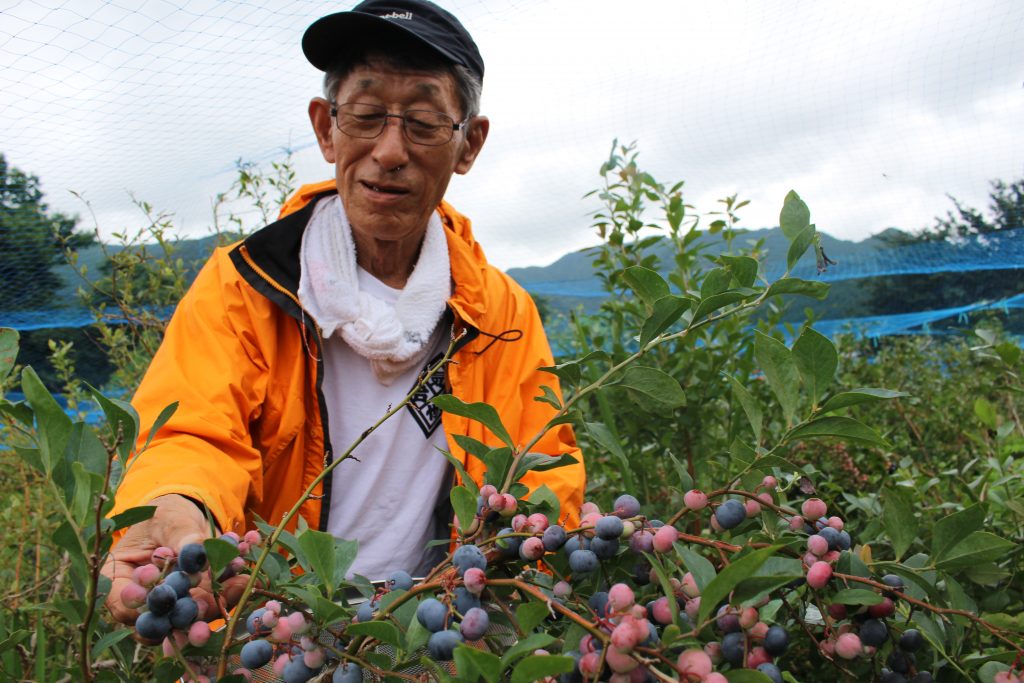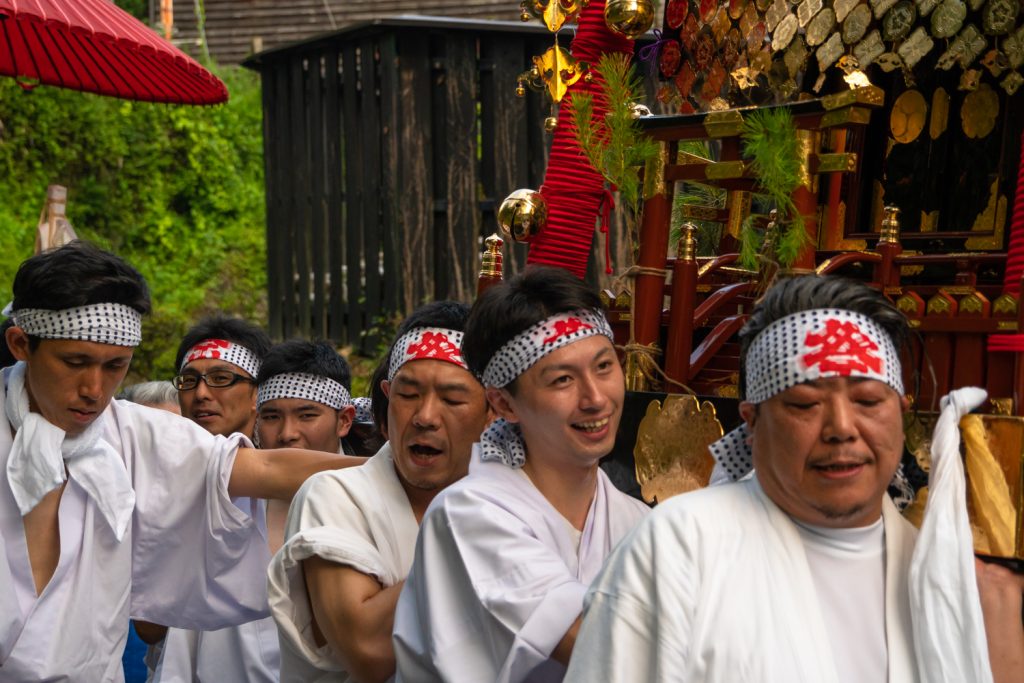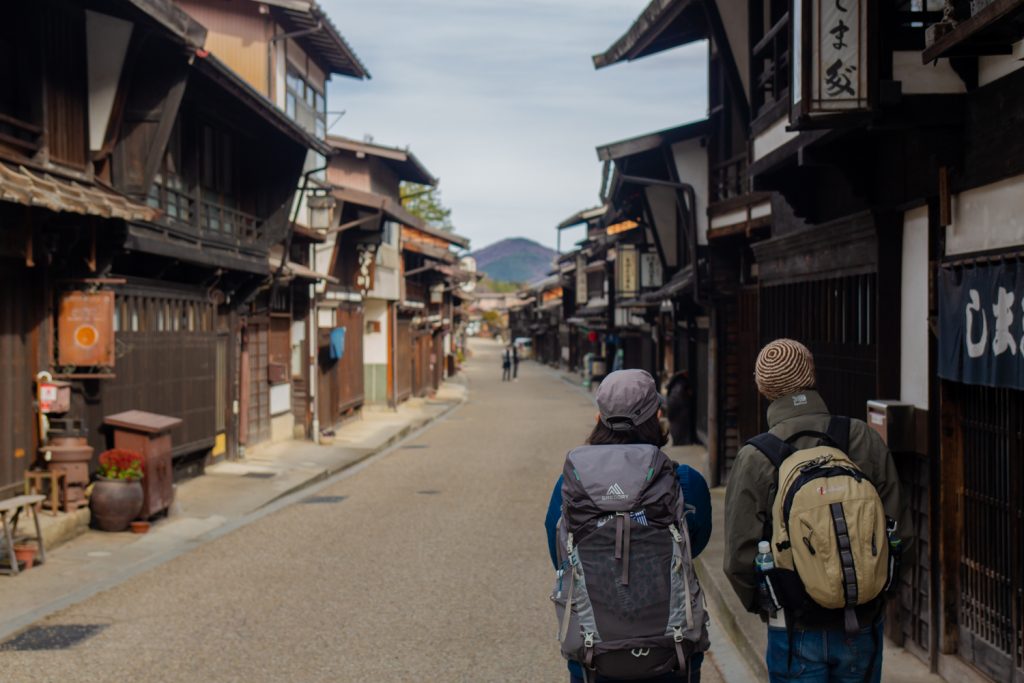This Q&A features Hiroshi Kawaguchi, General Manager of Oku Japan, a tour operator specializing in guided and self-guided tours of rural Japan that has been an ATTA member since 2012.
To begin, can you tell us a bit about Oku Japan?
Oku Japan operates guided and self-guided walking and cultural tours that combine 'must-see' sights and locations with the beauty of Japan found off-the-beaten-track. Our focus is on getting away from the crowds and into rural Japan. Our hallmarks are carefully selected accommodations with superb service and exquisite regional cuisine, bilingual expert guides, and thoughtfully-created itineraries by those with a passion for Japan. We are a tour operator and DMC and can offer guests our self-guided and small group guided tour ranges or white-label bespoke products for tour operators seeking adventure tour series in Japan.
We are an established tour operator and DMC, having been in business for 17 years, and are committed to sustainable travel. We are headquartered in Kyoto, with branch offices on the Kumano Kodo and the Nakasendo Trail, and we're the only operator with 'boots on the ground in both of these areas. Guests can rest assured they will be fully supported locally.
Why did you join Oku Japan?
I worked for inbound tour operators in Japan and Australia for over two decades after getting my Masters of Business in Tourism Management in Australia in the late 1990s. At that time, sustainable tourism was not considered as important as we understand it to be nowadays, but I was thoroughly impressed that sustainable tourism development was a main focus. Since then, my passion has been creating bridges between travelers and local communities through inbound tourism. In 2012, I joined Oku Japan because of how authentic the tours are and because they were one of the few companies practicing sustainable tourism in the context of inbound tours into Japan at the time.
How do Oku’s tours contribute to community-based tourism?
We are the only company with local branches on the Kumano Kodo Trail and in the historic town of Tsumago on the Nakasendo Trail. One goal of our local branches is to support our guests walking the trail. Beyond that, we also wanted to enter into the local community in each region and keep an open line of communication. On a day-to-day basis, we hear the issues that local villagers and the wider community experience, which allows us to do our part in contributing to solving these issues through our own activities as well.
It is important to us that we utilize local, family-run inns in an effort to provide financial support directly to the community. Through the connections we have built and our passion for these destinations, we have also worked together with locals who are not typically directly involved in tourism activities and have created unique and authentic experiences with them.

For example, we enjoy close relationships with local farmers. While they do not engage in any tourism activity directly, they are the ones who maintain the farmland of the community. Farming is not their main source of income —their motivation is to preserve their beautiful landscape on Kumano Kodo. We ask one of the farmers to introduce the village and take our guests to a hidden walking trail near our branch office where they are able to take in stunning views overlooking the village and mountains.
We also hold traditional music events for our guests that locals welcome joining in on. Such events cultivate opportunities through which travelers and locals can interact with each other, encouraging a deeper cross-cultural understanding between them. In addition, our local team members can show guests around the village and introduce them to shopkeepers and villagers who offer fascinating insights into what the rural lifestyle means to them.
What makes community-based tourism so important to your business?
Community-based tourism is the key element of our business; without it, our guests' experience on tour would only scratch the surface. By prioritizing community-based tourism, the experiences of both the travelers as well as the locals who reside there are greatly enriched.

How does this align with Oku’s values or mission?
Oku Japan’s mission is to benefit local communities through our business activities. Any tours that we offer to our guests must include the element of community interactions which can generate positive impacts economically, socially, and environmentally.
Our business benefits from local resources, and we believe that it is important for us to acknowledge this and give back. Alongside our ongoing relationships within the communities, we take part in local volunteer work by assisting in maintaining trails, becoming involved in local festivals, and joining cleaning activities that take place around the communities.
What do you think the travel industry means to the local community? How can the travel industry support local communities?
While tourism is not a one-stop solution to all of the issues that a community faces, it must contribute to alleviating them.
Common issues faced in the countryside of Japan are depopulation, decline of primary industries, difficulty in preserving traditions, and environmental protection. Generally speaking, tourism development is often focused on benefiting certain stakeholders who may be completely removed from the local community and any understanding of its people’s way of life.
I believe that any tourism development has to be for the community first. Economic impact is important and should place emphasis on creating systems through which “tourism leakage” is minimized, meaning that, as much as possible, products and services should be produced locally. This encompasses everything from accommodations and food, to products sold directly to travelers, to employment opportunities.
Considering both the potential social and environmental impact is also crucial. The desire of the local community to preserve their lifestyle, meaningful traditions, and the surrounding nature must be respected when entering and operating within the space.

How do you get into the local community and build trust?
We engage and speak with as many people as possible in the local community to begin getting to know them. It is a constant process because the goal is to build trust and maintain that connection over time. We participate in community events, as well as various local activities in everyday life. Becoming a part of these communities means that we spend as much time with the locals as possible, getting to know them on a personal level and experiencing daily life together.
Do you see any difference in community-based tourism in Japan compared to other countries?
I don’t see large differences from other countries. Focusing solely on the economic impact can create friction, and it is imperative to show the utmost respect to the community and the pride they have for their way of life.

What are your business goals for the future? Are you optimistic about adventure tourism in the Japanese market?
We feel positive about the future of adventure travel in Japan, and are looking forward to continuing our initiatives in the local communities where we operate, ensuring that our guests will be immersed in the culture and connected to the people they meet on their travels. Our continued goal is to serve as this bridge to contribute positively to each side involved.
